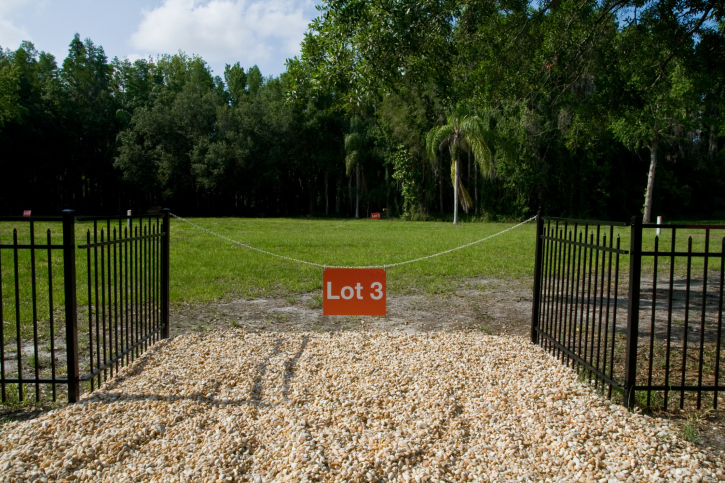Ready to Relocate? 3 Tips on How to Set a Moving Budget That Won’t Break the Bank
 Relocating to a new area can be exciting, but it can also be expensive. There are many resources to help, but most cost money. However, if you take your time and plan carefully, you can reduce the expense so you don’t start your new life with new debt. Here are three tips to controlling your moving budget.
Relocating to a new area can be exciting, but it can also be expensive. There are many resources to help, but most cost money. However, if you take your time and plan carefully, you can reduce the expense so you don’t start your new life with new debt. Here are three tips to controlling your moving budget.
1. Find Out What’s Free
Nothing is better than paying nothing, right? Don’t assume you have to fork out money for everything you need to move. If you have accepted a new job, ask your new employer whether the company can cover any of your moving expenses.
When it comes to moving supplies, see what you can get without having to pay for it. Stock up on free moving supplies by asking your workplace, local grocery stores, and friends and family for unneeded, sturdy boxes. Instead of paying professional movers, see if you can barter with friends or family for help in moving boxes to and from the truck.
2. Focus On Essentials
After you’ve pursued every possible angle to cover your needs for free, you will likely need to pay for something. The trick is to only do so for what is absolutely necessary. Many providers will offer you help along the way, but you should only sign up for basic services. This could include moving big items such as a piano, paying for gas and tolls, or buying cartons for oddly-shaped or particularly valuable items. If you are not able to move things yourself, this could include hiring professionals.
3. Do It Yourself
If you have the time and are physically fit, start long before moving day and pack everything yourself. Rent or borrow a truck and move your boxes yourself, perhaps with the help of a friend. Take care of disconnecting old utilities and signing up for new ones. Handle both cleaning your old home and preparing your new one. Anything you can do with a little elbow grease will mean less money out of pocket.
Remember that you are in charge of your move, so don’t automatically sign up for every service available. By using free goods and services when available and doing much of the work yourself, you can set and follow a moving budget you can afford.

 When many people think about investing in property, they think about purchasing income-producing real estate such as a residential property or an office building with tenants. There are indeed many benefits associated with investing in income-producing property. For example, these properties may produce rent that can offset your ownership expenses. However, buying raw land can also be an excellent long-term investment strategy.
When many people think about investing in property, they think about purchasing income-producing real estate such as a residential property or an office building with tenants. There are indeed many benefits associated with investing in income-producing property. For example, these properties may produce rent that can offset your ownership expenses. However, buying raw land can also be an excellent long-term investment strategy.